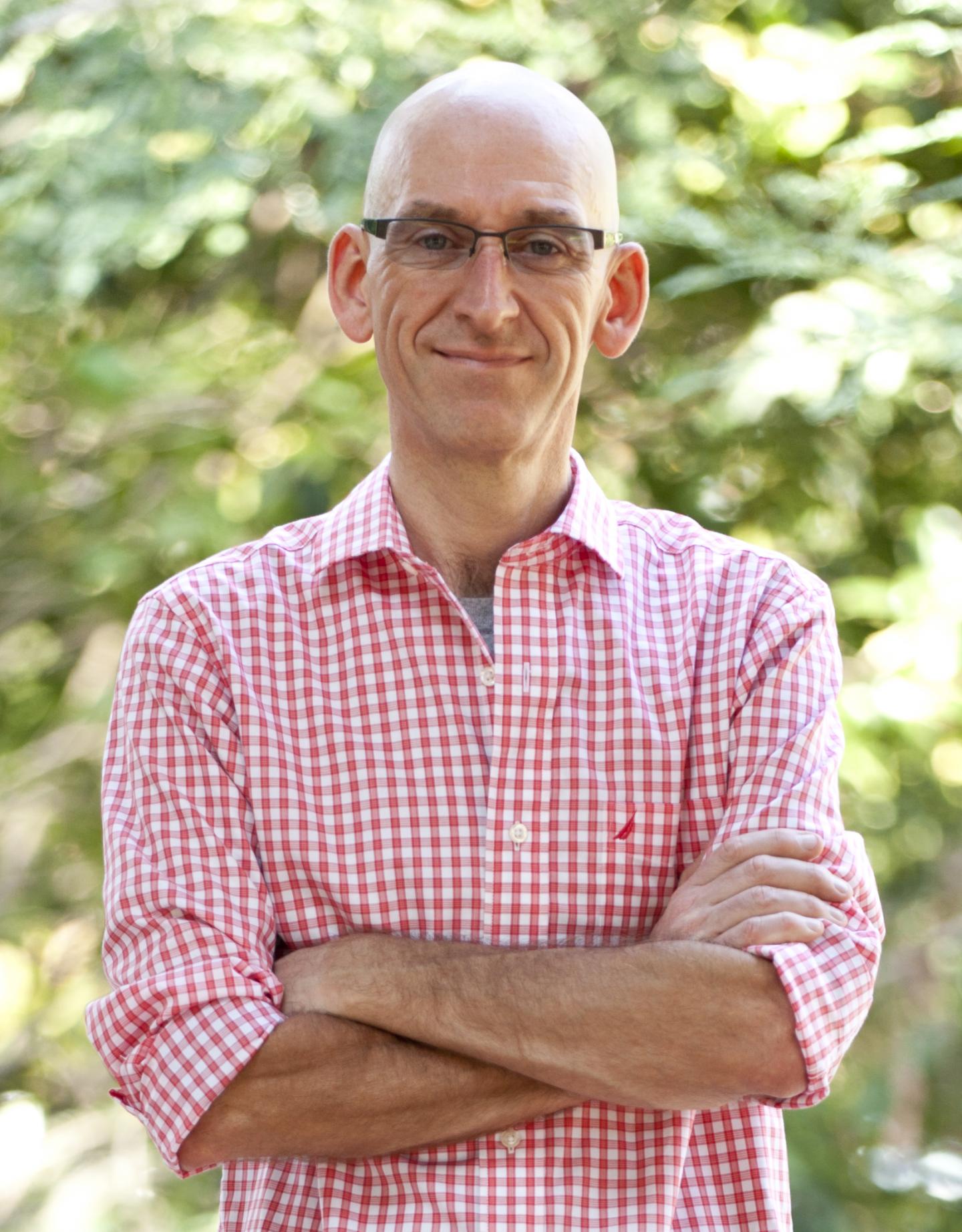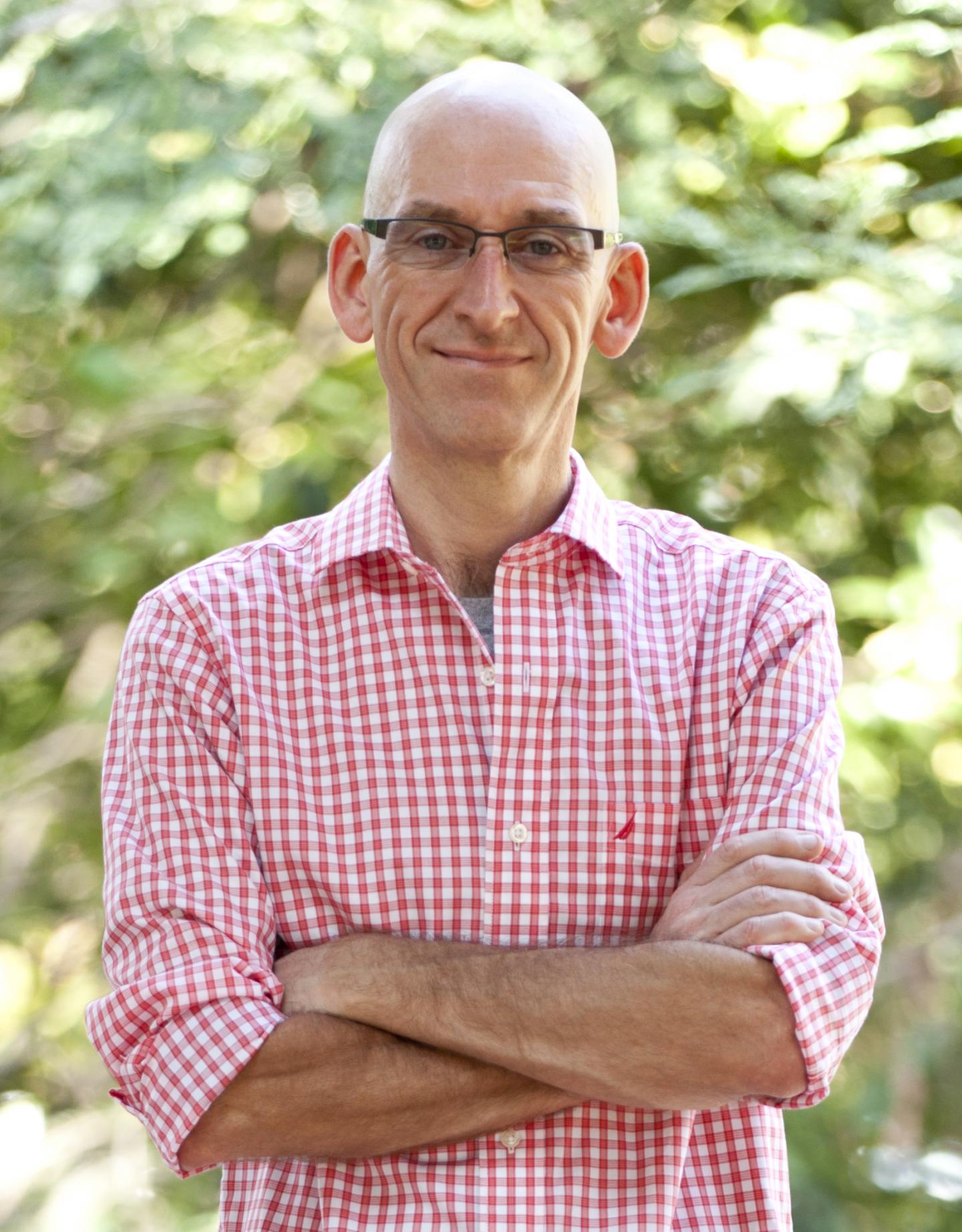
Credit: David Hillerby
CLEMSON, South Carolina – Much of the research concerning the human microbiome focuses on the gut and the influence that diet and nutrition have on the microbes residing in our digestive systems. Fewer studies consider the bacteria and fungi that live in our mouths, and even fewer look specifically at the oral microbiome's role in human immunodeficiency virus (HIV) – until now.
Vincent Richards, an assistant professor of biological sciences at Clemson University, has received a $1.85 million R-01 grant from the National Institute of Health National Institute of Dental and Craniofacial Research to study the association between tooth decay and HIV infection in a population of children from Nigeria.
The study comes after preliminary results indicated a higher incidence of tooth decay, officially known as dental caries, in HIV-positive children whose immune systems are compromised by the virus. Partnered with the finding that the distribution of microbes in the gut microbiome is altered by HIV infection, Richards' study intends to characterize the microbes living in the mouth that might be contributing to the decay.
"The plaque that accumulates on the surface of your teeth is a very complicated microbial community," Richards said. "In some of my previous papers, we looked at teeth in progressive stages of caries, from a completely healthy tooth to a full blown, big cavity. What we saw was that the species changed and that you do indeed have some bacteria that are associated with health and some with disease."
For example, a species known as Streptococcus mutans will feed on the sugars in our diet and release acid in response. The acid excreted dissolves the enamel of the teeth, inviting cavities to take root. Other species of bacteria, such as Streptococcus sanguinis, are the "good guys" that work to counteract the effects of S. mutans by raising the pH at the tooth surface.
Studies suggest this propensity for tooth decay is only heightened in HIV-infected individuals, prompting Richards to collaborate with researchers from Nigeria, the site of the world's second largest HIV epidemic.
"My main collaborator is a Nigerian national named Modupe Coker, and if you want someone who's passionate about this, it's her. She's a dentist by training who also does genetic research and she's been working in Nigeria for a long time," Richards said.
Coker will collect plaque samples and cheek swabs and also gather information on diet and white blood cell counts from children enrolled in the study at a teaching hospital in Nigeria. The samples will then be sent back to Richards' lab at Clemson University for analysis.
Richards and his lab members, including postdoctoral fellows, graduate and undergraduate students, will utilize the fast and inexpensive methods of high-throughput genetic sequencing to detail which microbial species are prevalent in the plaque samples. These analyses will also measure gene expression of the microbes to determine how HIV infection influences what proteins are being synthesized and how those proteins are affecting the metabolic pathways involved in tooth decay.
The end product, Richards said, will be a personalized approach to oral health that could mitigate the risk of tooth decay, not just for HIV-infected children, but for everyone.
"One of the future directions of this study is that we will be able to overlay the child's genetic makeup, the microbiome data we've got and other info on diet and white blood cell counts, so that when you go to the doctor, they can say, 'You're this genotype and you've got this microbiome and you're also HIV-infected, which means you're highly predisposed to caries - so you better go for your dental checkup; you really can't let it go,' " Richards said.
The results could improve prevention and intervention strategies by creating oral therapies that disrupt bacteria's ability to form plaque on the tooth's surface. Information from the study will also help researchers understand the interplay between adaptive immunity – the strategic immune response that prompts the immune system to build resistance against specific pathogens – and the development of caries.
Personalized medicine, Richards said, will be an integral component of these strategies that he hopes will translate into an improved quality of life for children suffering with HIV infections.
###
Richards' study is supported by a five-year R-01 grant from the National Institute of Dental and Craniofacial Research, titled "Oral Microbiomes and Dental Caries in a Human Immunodeficiency Virus Infected Population." The researchers are wholly responsible for the content of this study, of which the funder had no input.
Media Contact
Hannah Halusker
[email protected]
864-415-1523
@researchcu
http://www.clemson.edu
Original Source
http://newsstand.clemson.edu/mediarelations/1-85m-grant-supports-scientists-study-of-tooth-decay-in-young-hiv-patients/





